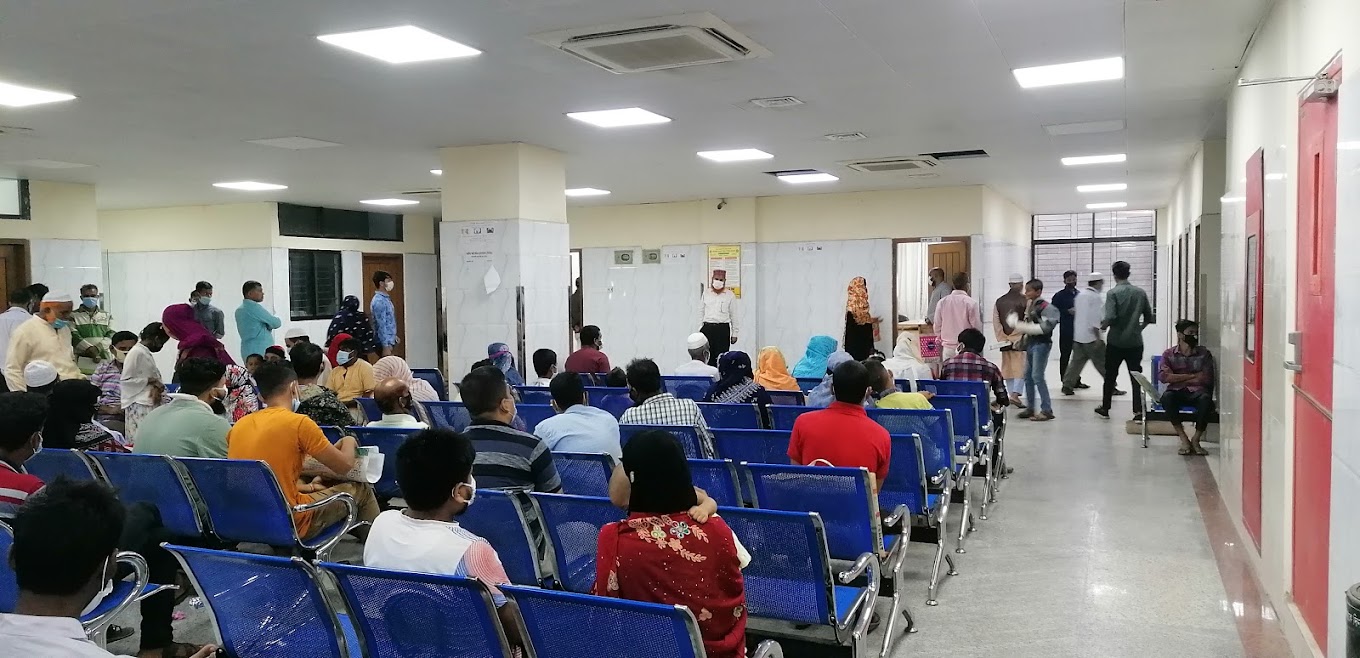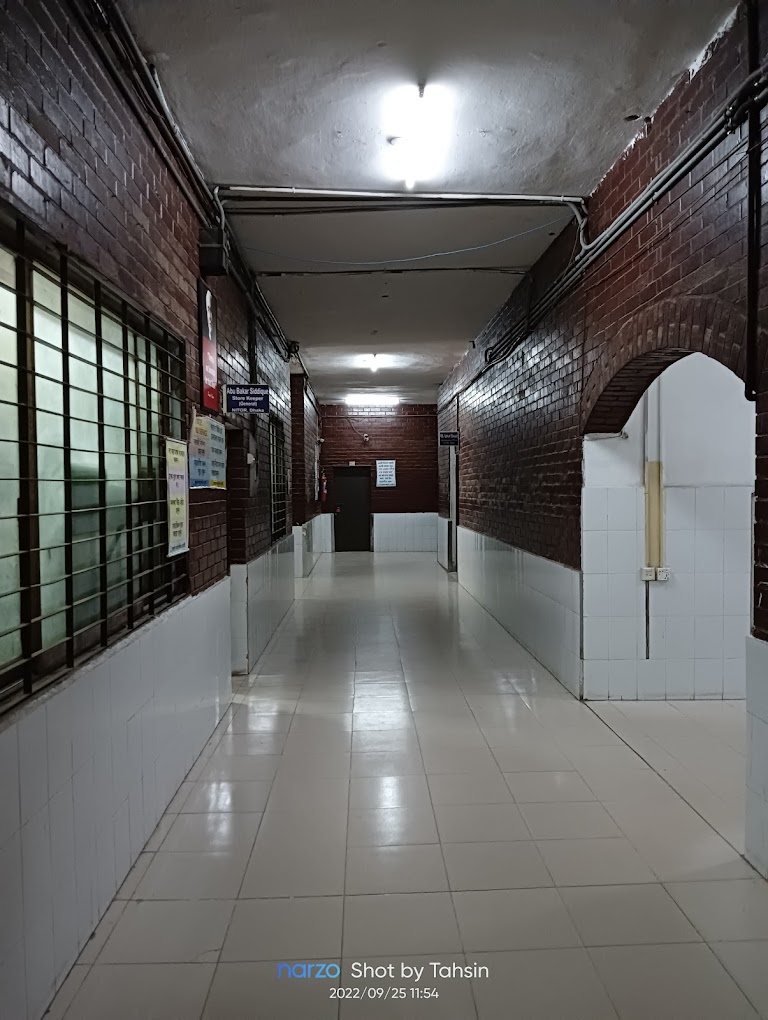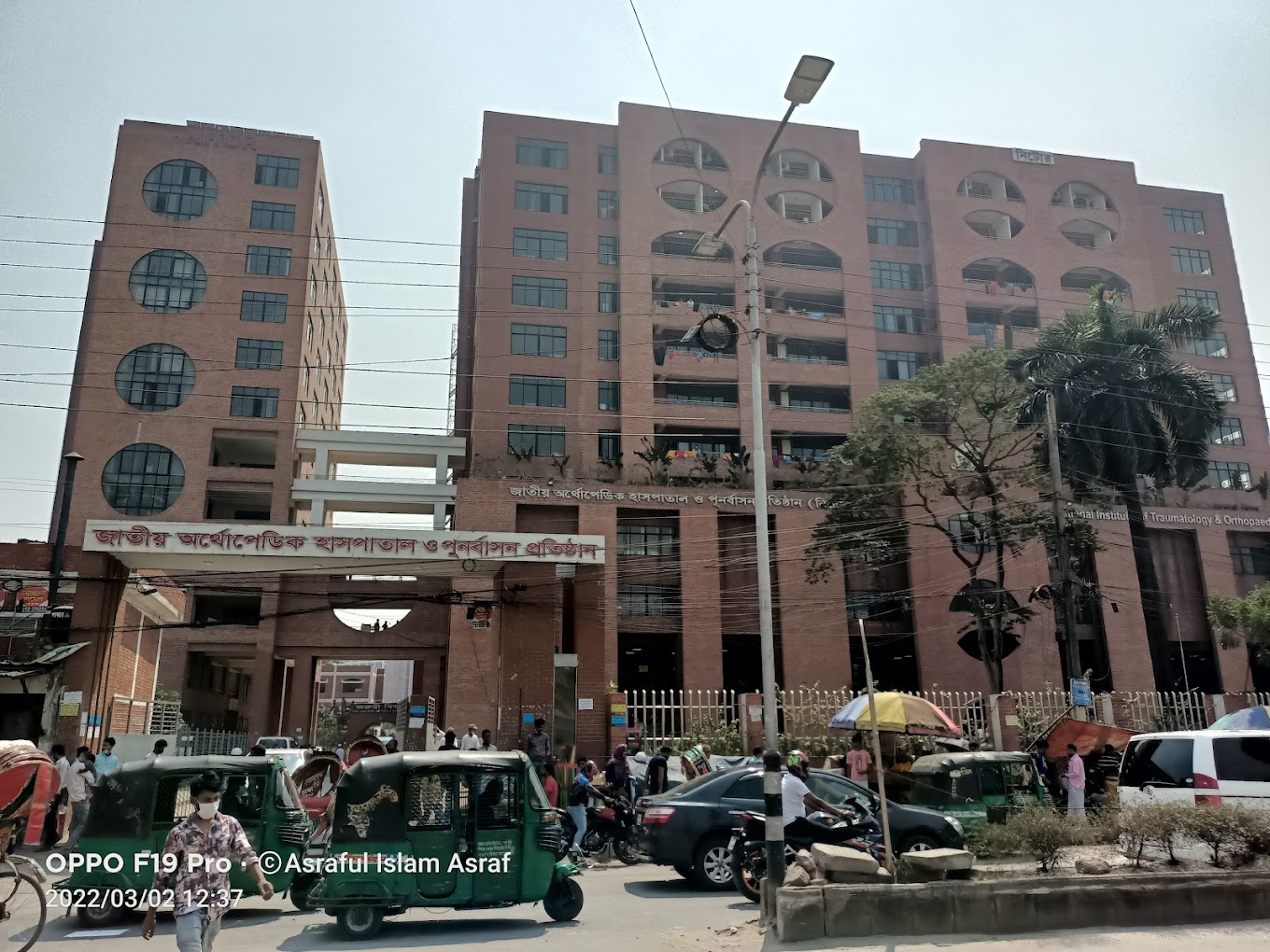National Institute of Traumatology & Orthopaedic Rehabilitaion (NITOR)
National Institute of Traumatology & Orthopaedic Rehabilitaion (NITOR) in Sayed Mahbub Morshed Rd, Sher-e-Bangla Nagar
NITOR is the fruit of the liberation war. We proudly remember the Father of the Nation Bangabandhu Sheikh Mujibar Rahman. We recall with gratitude the sacrifices of our brave freedom fighters and people in general for giving their lives for the independence of Bangladesh because their sacrifice is the encouragement of our Endeavour.
With the war of liberation, the new nation of Bangladesh was left with a great number of war injured. Although a few of the freedom fighters from among the wounded were taken by foreign countries for treatment, the great bulk of the wounded including the civilians had to be taken care of by the new nation itself.
The task in sight was not only the freedom fighters but also a huge number of war victims in the general population. At that moment Dhaka medical college hospital was the only place where some help could be organized. So it was obvious that freedom fighters along with the war-affected civilians started pouring in from all over the country mainly into the Dhaka Medical College Hospital, which was already full of such patients. Along with the problem of accommodation, there was a shortage of drugs, equipment, and a dearth of qualified Orthopaedic surgeons capable of handling these difficult cases. Such were the circumstances all over the country. The problem was indeed immense and beyond the capabilities of a war-torn new nation.
It is noteworthy to mention the visit of Mr. J.N. Wilson, FRCS a renowned British Orthopaedic surgeon in early 1972 who was to examine and ascertain the exact volume and type of help required and the possible ways the British Government could help.
In February 1972, Prof. R.J. Garst, an American Orthopaedic Surgeon, Specialist in the field of Rehabilitation along with his wife Marie M. Garst visited Bangladesh and assessed the problem as a whole and decided to go ahead towards its solution.
During our Liberation war in 1971, he was serving the distressed humanity at Ludhiana Christian Medical College in India. He was deeply moved to see the sufferings of the freedom fighters. He visited the war camps and began treating war-injured freedom fighters, many of them disabled by their wounds. His noble gesture drew the attention of the then-special envoy of the Bangladesh Government in exile, Justice Abu Syeed Chowdhury. In the meantime, Bangladesh became an independent state and Justice Chowdhury invited Dr. Garst to visit Bangladesh. Garst's affection for war-wounded freedom fighters brought him to Bangladesh on February 28, 1972, accompanied by his wife Maric Grast.
Patronized by the Bangabandhu Sheikh Mujibar Rahman, Dr. Garst planned to establish an orthopedic hospital to accommodate all the war affected in one place which the government gladly agreed. Within three months of his arrival, his relentless effort led to the establishment of the hospital, which was then popularly known as MUKTI BAHINI HOSPITAL.
In May 1972 the outpatient building of the Shaheed Suhrawardy Hospital was converted into an inpatient hospital with necessary modifications and alterations. This was the establishment of an independent trauma management unit in Bangladesh and the sowing of the seed of a subspecialty called ORTHOPAEDICS.
There were 100 beds that were filled up immediately and at the end of the second month of the institution, the bed strength was 150. All were full and patients were pouring in. Then he along with his newly trained orthopedic surgeon surveyed the country and their appropriate action led to the management of war victims at the army cantonments and district hospital. Within eight months the majority of the war victims received their treatment and were rehabilitated. By 1973 it was possible to open the facility to nonwar victims and another 100 beds were added for women and children.
In Business Since: 1972
Facilities
 24/7 Nurse Availability
24/7 Nurse Availability Emergency Wards
Emergency Wards Food Facilities
Food Facilities Well Maintained Wards
Well Maintained Wards
Hours of Operation
12:00 AM
to
11:59 PM
12:00 AM
to
11:59 PM
12:00 AM
to
11:59 PM
12:00 AM
to
11:59 PM
12:00 AM
to
11:59 PM
12:00 AM
to
11:59 PM
12:00 AM
to
11:59 PM
Payment Method
Reviews
Location Map


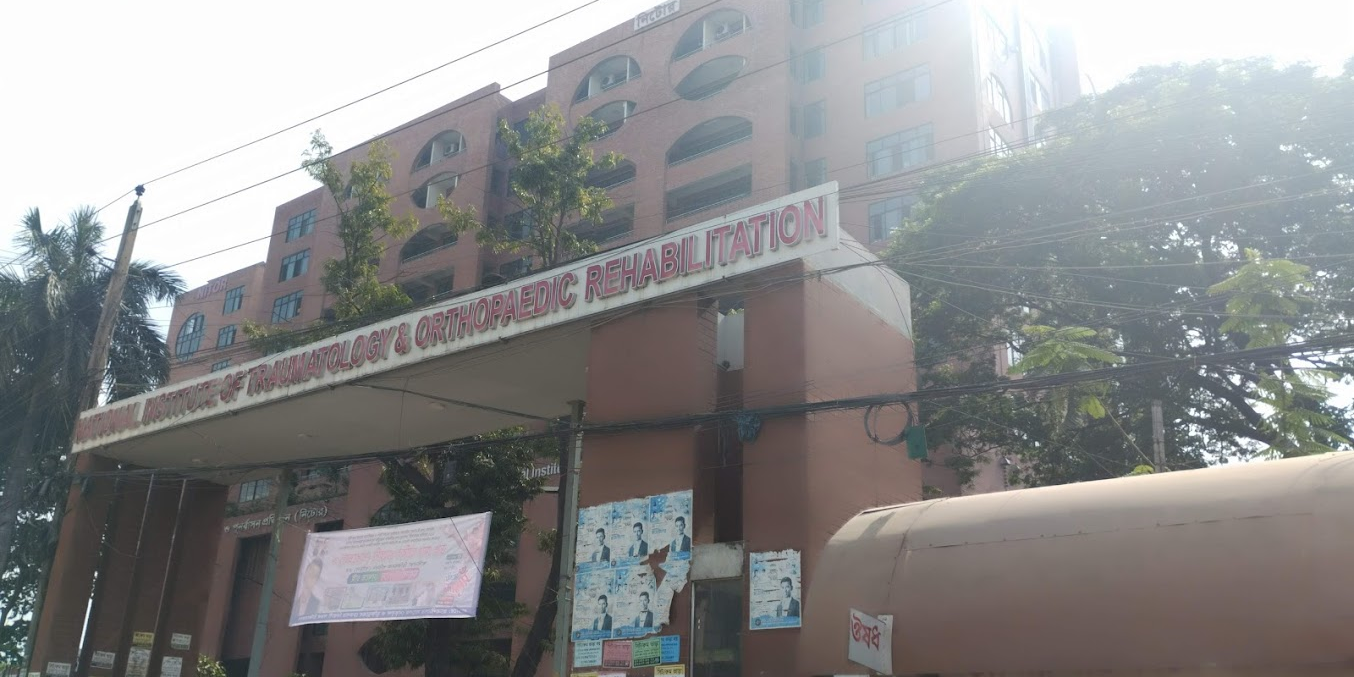
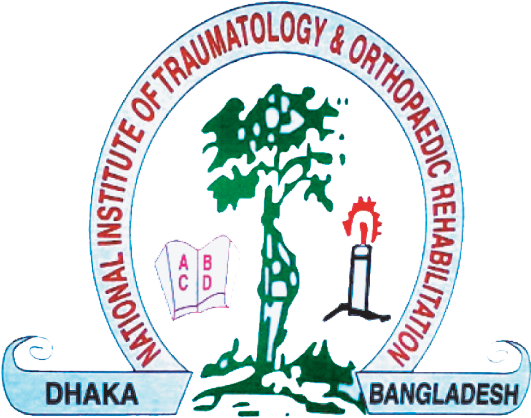


 Direction
Direction 1,052
1,052 Check In
Check In
 View Map
View Map Claim it
Claim it